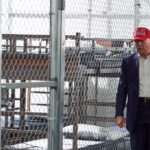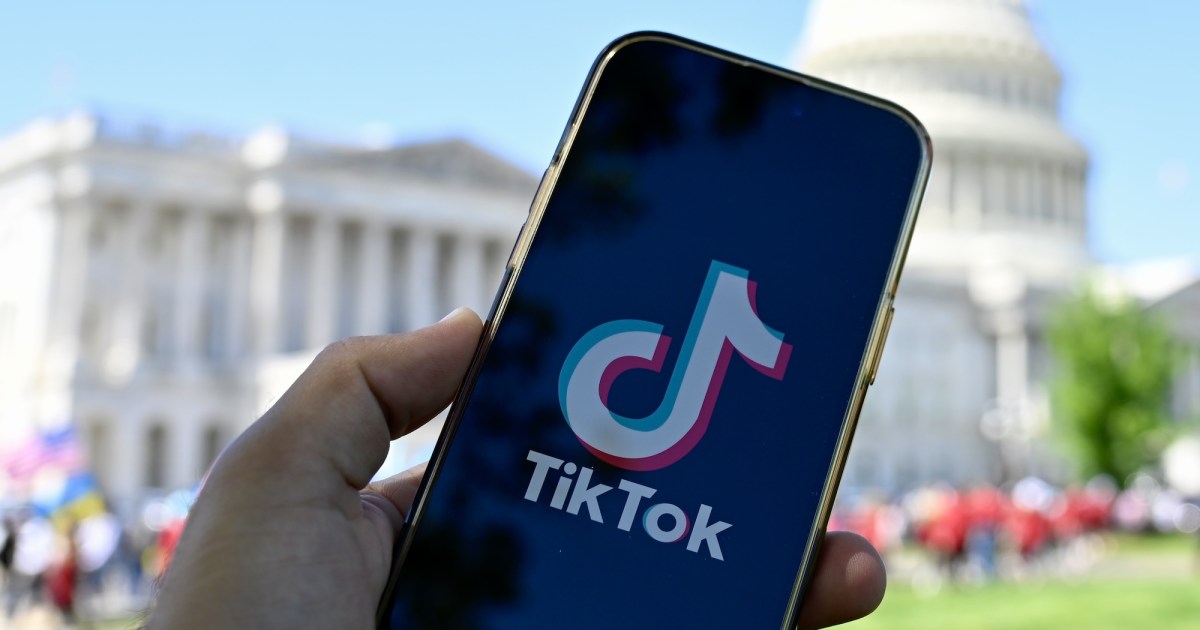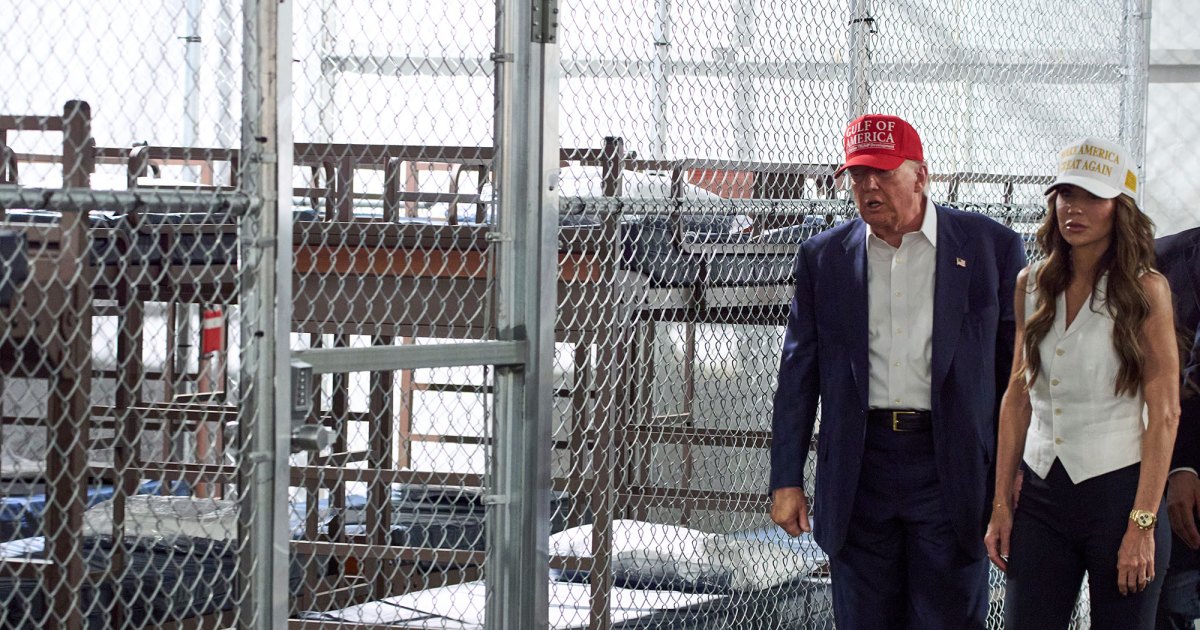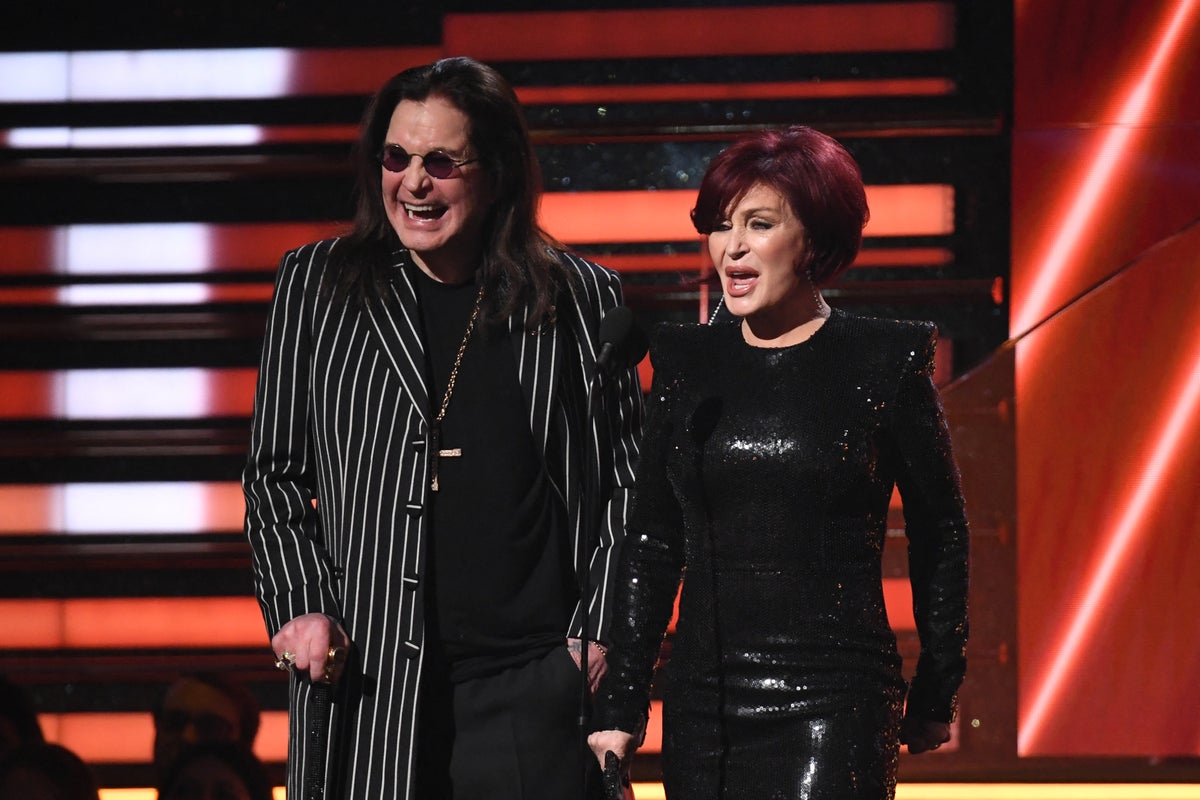Remember when Congress banned TikTok? A bipartisan majority passed a law last year to ban the massively popular social media platform due to the national security implications of its control by the Chinese government. President Joe Biden signed it into law, and in January the Supreme Court upheld the law. And yet, TikTok is still with us. So what happened?
How does a law… not become a law? According to the Trump administration, the president has the authority to nullify laws he doesn’t like. The fate of the TikTok ban hasn’t made national headlines in months among the deluge of other notable anti-democratic Trump administration actions. But in letters obtained this week by the New York Times, the Trump administration is claiming broad powers to simply wipe from the books laws it does not like. The TikTok ban has become Exhibit A.
The TikTok law operated not as an outright ban but by making it illegal to host the app in app stores and cloud and internet services, with punishing fines for companies that disobeyed. But in seeking to overturn the law by fiat, the Trump administration tells companies like Apple and Google that they are off the hook.
Not only was it a promise that the Trump administration would not enforce the law, but that no future administration could. This move is unprecedented.
“Article II of the United States Constitution vests in the President the responsibility over national security and the conduct of foreign policy,” Attorney General Pam Bondi wrote in an April letter to tech companies including Apple, Google, and Amazon. The TikTok law, she continued, does not “infringe upon such core Presidential national security and foreign affairs powers.” In other words, if the president invokes his authority in the realms of national security and foreign affairs, he can nullify a law.
Bondi’s letters informed the tech companies that continuing to host TikTok, despite the plain language of the law, was not illegal. Not only was it a promise that the Trump administration would not enforce the law, but that no future administration could. This move is unprecedented. “Recent past presidents have been aggressive in exercising law enforcement discretion,” Harvard Law School’s Jack Goldsmith told the Times, “but they haven’t suspended the operation of a law entirely or immunized its violation prospectively.”
This isn’t the first time Trump has attempted to thwart or ignore the law. In the past week, his Education Department refused to disburse $7 million in funding for afterschool care programs, English language instruction, and other programs. The money was appropriated by Congress and signed by the president, and its disbursement is required by law. But the Office of Management and Budget, under director Russel Vought, has claimed the power to impound funds. In the case of the missing education money, OMB is investigating whether the funds were being used to further a “radical leftwing agenda.” This isn’t the first time the Trump administration has illegally refused to spend money, and it certainly won’t be the last.
Still, claiming that the president has inherent powers to nullify represents an unprecedented power grab by the Trump administration. If the law can be turned on and off by the president, Congress’ authority is worthless. Today, it’s the TikTok ban and spending requirements. What’s next?















